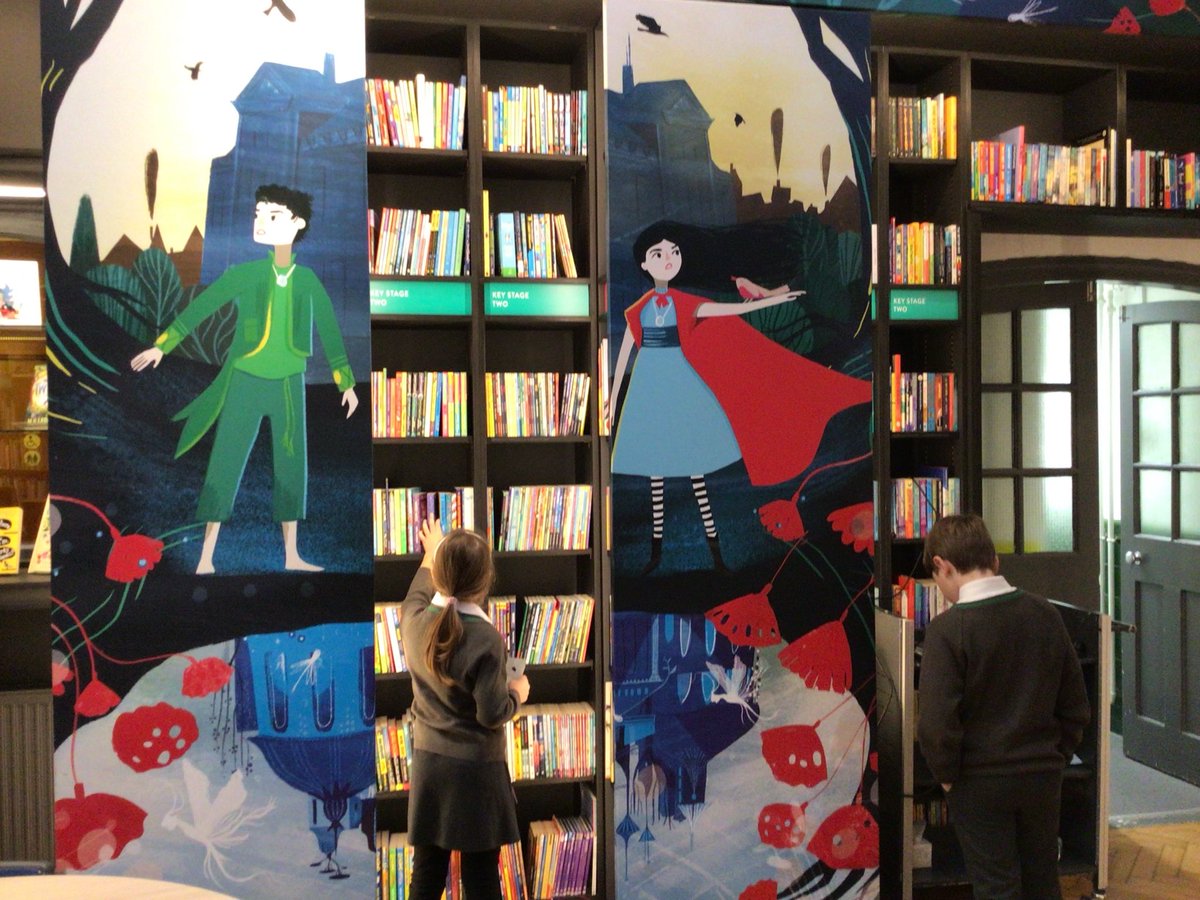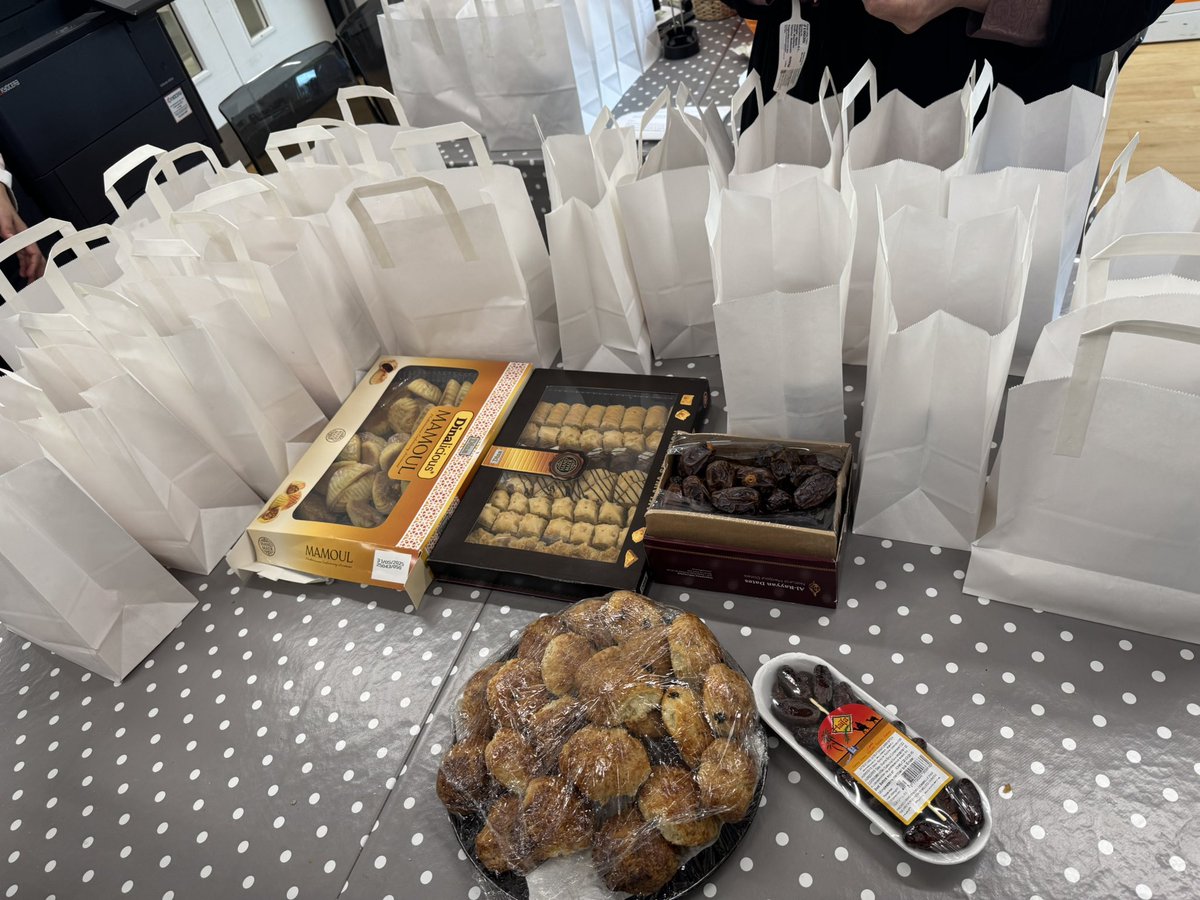Modern Foreign Language
Intent: Introduction, Vision and Philosophy
Learning a foreign language is a liberation from insularity and provides an opening to other cultures. A high-quality languages education should foster pupils’ curiosity and deepen their understanding of the world. The teaching should enable pupils to express their ideas and thoughts in another language and to understand and respond to its speakers, both in speech and in writing. It should also provide opportunities for them to communicate for practical purposes, learn new ways of thinking and read great literature in the original language. Language teaching should provide the foundation for learning further languages, equipping pupils to study and work in other countries.
French lessons allow children to learn about the language, writing and culture of France and beyond.
A linguist needs:
-
Good communication skills
-
Cross cultural skills
-
Analytical skills
-
Research skills
Intent: Introduction, Vision and Philosophy
The purpose of this document is to clarify the how, why, and what of French teaching in our Academy. This is to be used by staff to clarify expectations, highlight the resources that we have at our disposal, and to ensure that a high-quality French curriculum is being taught to all. We want our children to be inquisitive and respectful about the language and culture of France. We want children to understand how they, their family and friends live is different to how others do in other parts of the world and to develop a curiosity about that.
A high-quality French education will help pupils gain a knowledge and understanding of the language of another culture and a comparison of their own. Teaching should equip pupils to ask perceptive questions, think critically, weigh evidence, sift arguments, and develop perspective and judgement.
Learners will:
-
develop resilience in language learning as well as enjoyment of it through a challenging scheme of work.
-
acquire language learning strategies for memorisation and retrieval as well as for listening, reading and understanding.
-
develop the skill of how to use a bi-lingual dictionary to decode unfamiliar language.
-
be able to manipulate language to speak or write sentences creatively using prior knowledge of grammar and key features; with and without a dictionary.
-
have a sound grasp of the key sounds of the French language and their corresponding graphemes and be able to apply this knowledge when speaking, listening and reading aloud.
-
recognise some of the language patterns of French and how these differ or are similar to English
-
appreciate and be able to copy the sound of the language at text level through songs, stories and rhymes.
-
have a deeper understanding of cultural differences and similarities.
-
demonstrate substantial progress in learning French and work towards or meet the targets of the KS2 Programme of Study for Languages.
Implementation:
What does French look like?
Overview:
We follow the units from the curriculum developed by the Harris Federation. Children progress through the year groups focusing on different topics and skills. Children can ask and answer topic related questions and eventually move onto conversational French. They are eventually able to express opinions with fluency and perform short narratives. French is taught weekly in class and is evidenced through work and pictures in our French ‘Big Class Book’.
When beginning a new topic, the lessons will typically start with a couple of oral based lessons where the children can listen, understand and repeat phrases with correct pronunciation. This helps children to be able to use words and phrases in correct contexts. The lessons will then follow on with activities where children can use and practise the new vocabulary in certain contexts, for example role playing a café setting where children can use the vocabulary they have recently learnt about food. Towards the end of the topic, the focus of the lessons will be more written based where the children will have the opportunity to put spellings with certain sounds.
French phonics lessons will be introduced into the curriculum as part of French teaching. Children will learn new sounds which will relate back to the topic of learning for that lesson.
Year 3 – Skills and Knowledge
Skills
-
Listen, read and show understanding of single words.
-
Recognise a familiar question and respond.
-
Write single familiar words from memory with understandable accuracy.
-
Recognise some letter strings and pronounce them in familiar words.
-
Use strategies for memorising vocabulary.
-
Find the meaning of word in a bi-lingual dictionary.
-
Join in with the actions of familiar songs, stories and rhymes.
Knowledge
-
Awareness that different word classes exist in French and know some vocabulary for nouns, adjectives, verbs, pronouns, adverbs and conjunction.
-
1st and 2nd and 3rd person pronouns.
-
Awareness of genders of nouns in French.
-
Awareness that letters in French can make a different sound to English and silent letters are frequent.
-
Awareness that French is spoken in other countries besides France.
-
Some of the traditions of Christmas and New Year in France.
Year 4 – Skills and Knowledge
Skills
-
Listen, read and show understanding of short phrases in texts as well as songs and rhymes.
-
Ask and answer several simple and familiar questions.
-
Write and say a simple phrase to describe people, places and things with a language scaffold as well as be confident to do the same without support.
-
Read aloud short familiar sentences using knowledge of phonics.
-
Use a bi-lingual dictionary to find the meaning or translation of a word.
-
Join in with the words of familiar songs, stories and rhymes sometimes from memory.
Knowledge
-
Concept of gender of nouns.
-
Formation of a question with rising intonation.
-
Pattern of questions with question words.
-
Better understanding of silent letters.
-
Awareness of elision.
-
Rules for making nouns plural.
-
Formation of 1st group verb and some irregular verbs with all pronouns.
-
Making a sentence say not.
-
Position of colour adjectives in a sentence and correct use of adjective agreement.
Year 5 – Skills and Knowledge
Skills
-
Listen, read and show understanding of more complex familiar phrases and sentences in texts.
-
Ask and answer more complex familiar questions.
-
Write and say a more complex sentence to describe people, places and things with a language scaffold as well as be confident to do the same without support.
-
Read aloud more complex familiar sentences using knowledge of phonics.
-
Use a bi-lingual dictionary to find the meaning of nouns in the plural, adjectives in agreement and conjugated verbs.
-
Follow the text of a familiar rhyme, song or story and identify the meaning of the words.
Knowledge
-
Rules of agreement of adjectives in the singular and plural.
-
Position of majority of adjectives in a sentence.
-
Concept of liaison.
-
Development of understanding of formation of questions.
-
Formation of the definite article.
-
Making a negative sentence
-
Using the comparative and superlative for description.
Year 6 – Skills and Knowledge
Skills
-
Listen, read and show understanding of more complex sentences using familiar and unfamiliar words.
-
Engage in a short conversation using familiar questions and express opinions.
-
Write and say a more complex sentence to describe people, places and things. manipulating language with a bi-lingual dictionary as well as be confident to do the same without support.
-
Pronounce unfamiliar words in a sentence with a high degree of accuracy using phonic knowledge.
-
Decode an unfamiliar text using grammatical knowledge, context or a bi-lingual dictionary.
-
Read aloud the text of familiar songs, rhymes and stories.
Knowledge
-
Consolidation of grammatical knowledge from Years 3 to 5.
-
Recognising the past tense
Unit
The sequence of learning has been outlined by the rationale above. Within each unit there is a pre-planned sequence of learning. Teachers plan the unit of work starting from the end point of the last history unit. Knowledge is then built-up week by week to move through the aspect of the language being covered so that there is a clear progression of learning through each unit. The front cover of each unit displays the order in which the learning will happen and the relevant links to the National curriculum.
Typical Lesson
We aim to provide varied lessons, both in presentation and outcome, to allow children to fully immerse and engage with the subject. However, in French lessons there is a strong focus on speaking, listening, pronunciation and intonation.
Impact
Evidence and Assessment
Pupils have the opportunity to record their learning in a variety of ways, which is recorded within their whole class French books. Evidence of the learning is dependent on the lesson outcome, year group and the knowledge and skills being developed but is usually annotated photographs.
Subject leaders will conduct learning walks and pupil interviews to measure the impact of our teaching, based on how much children can remember.
Subject leaders will meet with their counterparts from our other cluster schools half termly and will moderate the planning, work and monitoring outcomes from their setting to ensure that standards are exceeding the expectations of the National Curriculum.
















